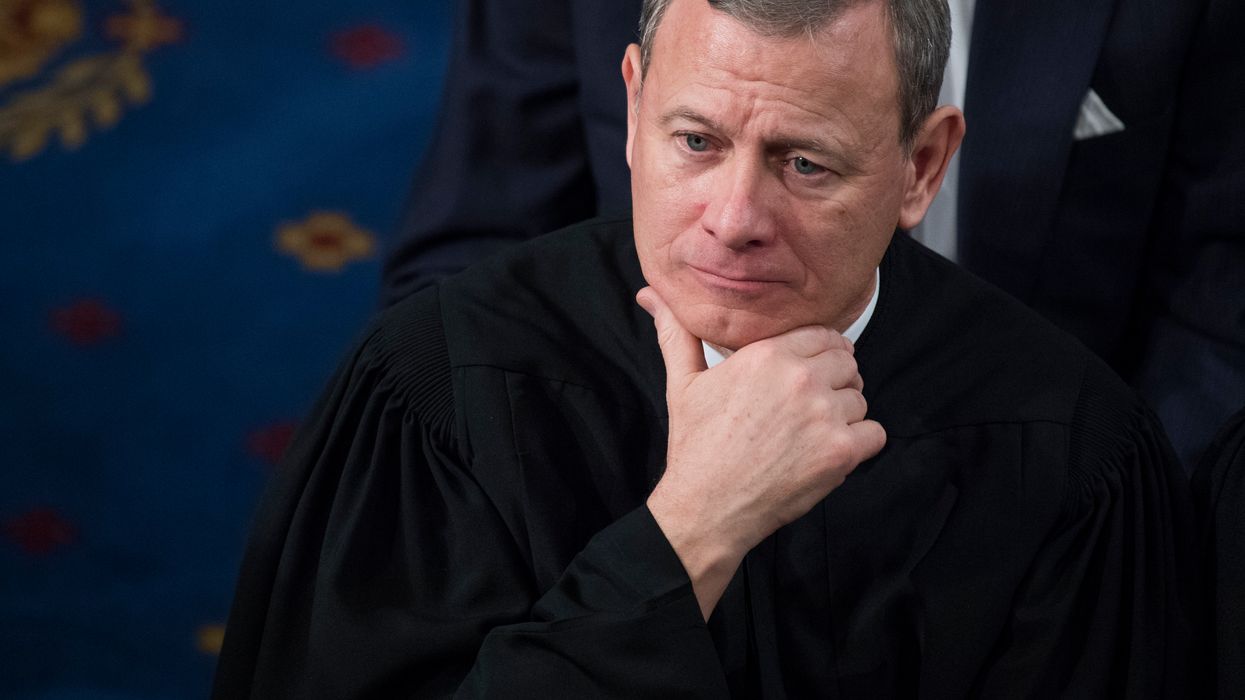
Tom Williams/CQ Roll Call

Roberts joined with the four liberal justices
According to CNN, Chief Justice John Roberts changed his mind during deliberations before voting against the Trump administration and effectively killing plans for a citizenship question on the 2020 Census.
In March 2018, the U.S. Census Bureau announced that it planned to add a question to the 2020 Census that would ask respondents for their citizenship status. Supporters of the move argued that the inclusion of this statistic would prevent some states from artificially inflating the extent of their population (which determines how many members of Congress and electoral votes a state gets), while opponents said that it would prevent both noncitizen and citizen immigrants, particularly Hispanics, from responding at all out of fear.
The last time that a U.S. Census included a citizenship question was 1950.
On June 27, the Supreme Court effectively blocked this question from being added to the 2020 Census by sending it back to the lower courts, which did not leave enough time for it to be enacted in time to go to the printers. Roberts joined the four liberal justices (Stephen Breyer, Ruth Bader Ginsburg, Elena Kagan, and Sonia Sotomayor) in arguing that while the inclusion of such a question was legal, the Trump administration needed to do a better job justifying adding it to the census.
Trump initially said that he would use an executive order to add the question anyway, but eventually backed away from this. He also bashed the decision on Twitter, saying that the U.S. was the "only" country in which the government was "not able to ask whether or not someone is a Citizen."
According to CNN, "sources familiar with the private Supreme Court deliberations" stated that Roberts changed his vote.
CNN Supreme Court analyst Joan Biskupic said that when the court began its deliberations in April, Roberts was prepared to vote in favor of the administration. In fact, during oral arguments in late April, Roberts said that the citizenship question was not any less valid than questions that had appeared on the census questionnaire in the past involving "sex, age, things like that" or even "do you own a radio?"
However, sometime during the period when the court was reviewing the case, Roberts began to question what Commerce Secretary Wilbur Ross's motivations were for pushing for this change. When he wrote the opinion of the court, Roberts used the word "contrived" to describe the process by which Ross justified the move.
The decision-making process for the court is not typically made public. Despite this reporting, CNN admitted to not knowing the full context of these deliberations.
This isn't the first time that Roberts has sided with his more liberal colleagues. In 2012, he was part of the majority in a 5-4 ruling that saved Obamacare.
In that case, Roberts was expected to vote with the conservatives on the court to strike down Obamacare's individual mandate, and initially indicated that he would do so before switching to uphold it at the least minute.
In fact, Justice Ginsburg was reportedly getting ready to write a liberal dissent to the decision before Roberts made his change of heart known.